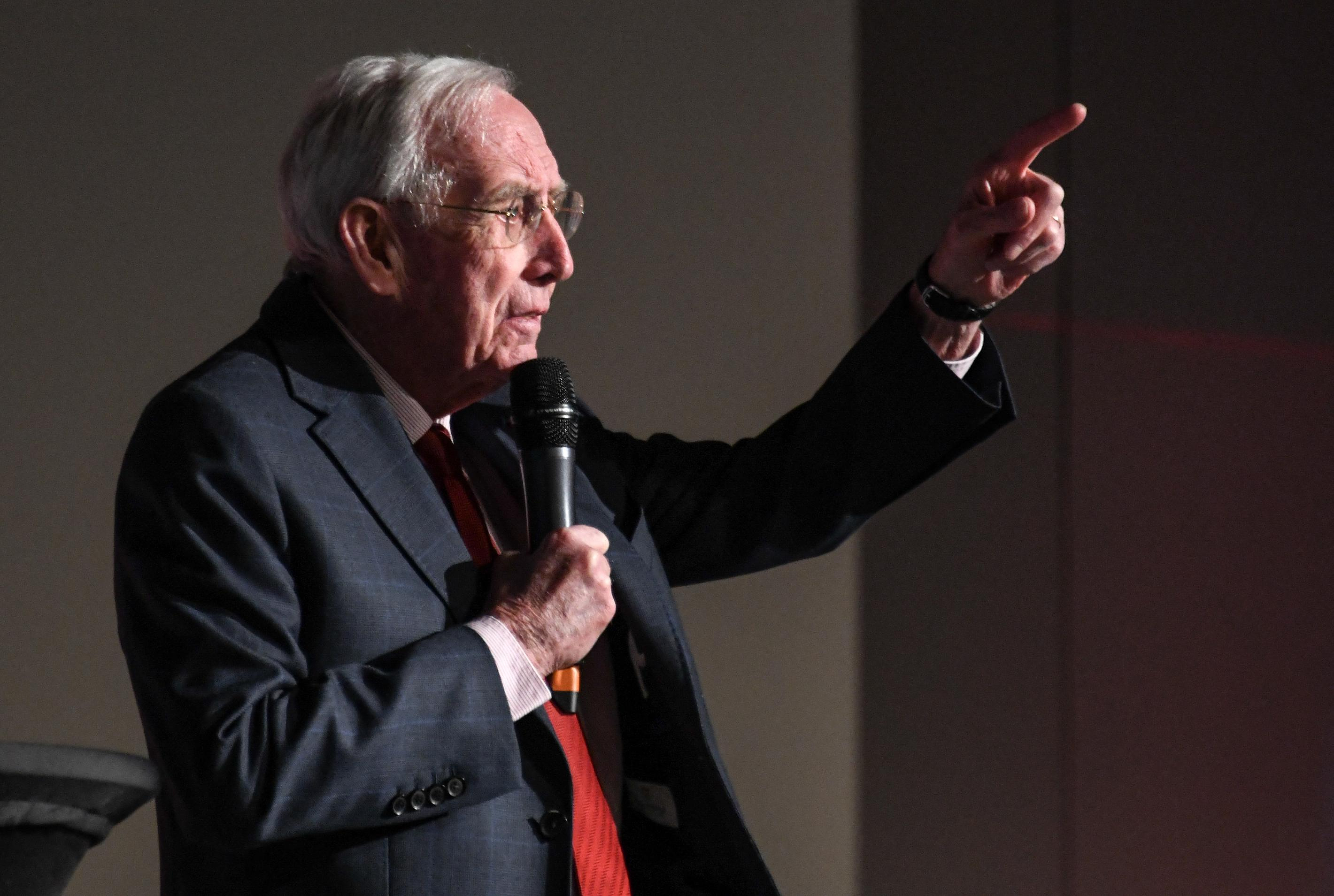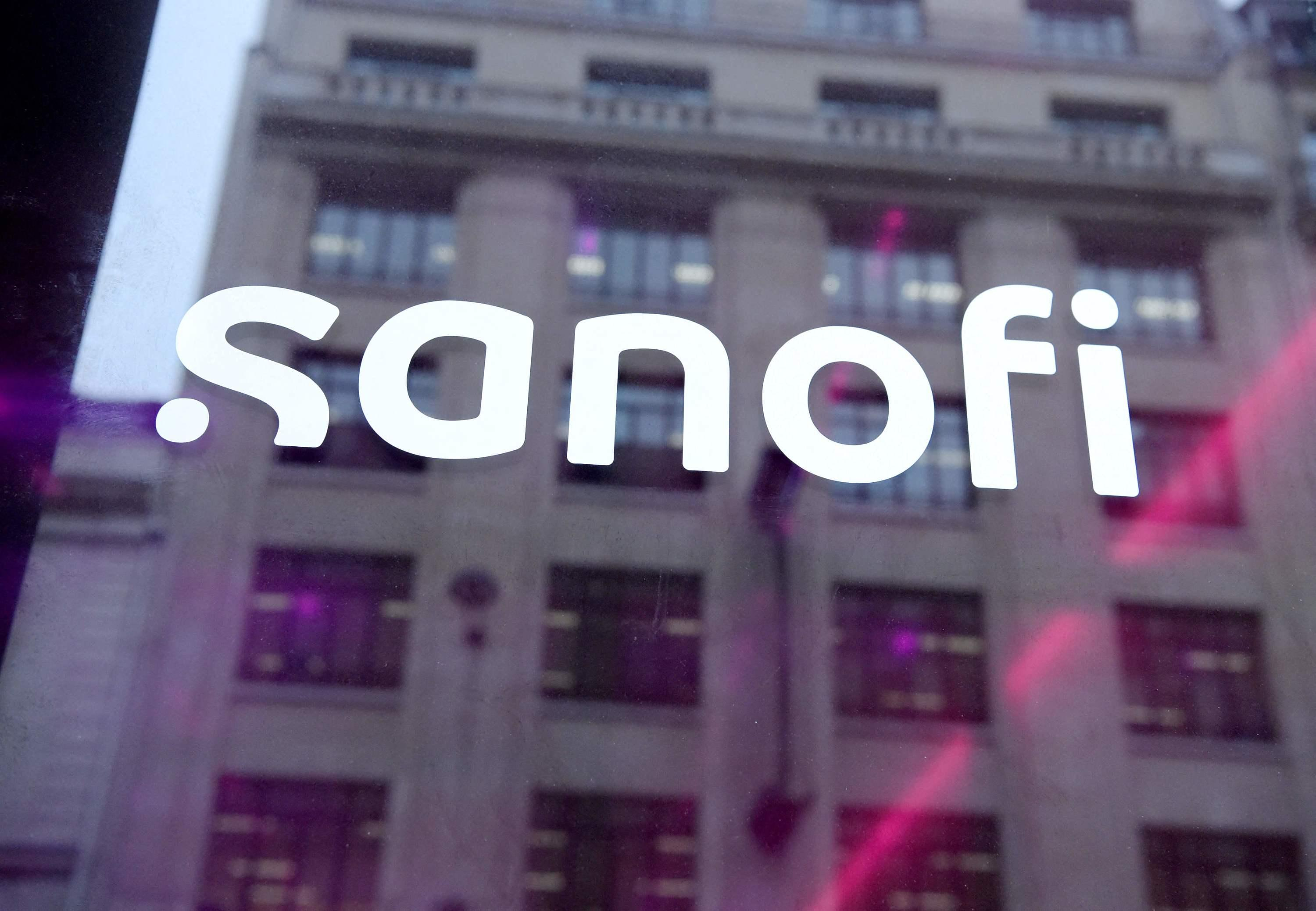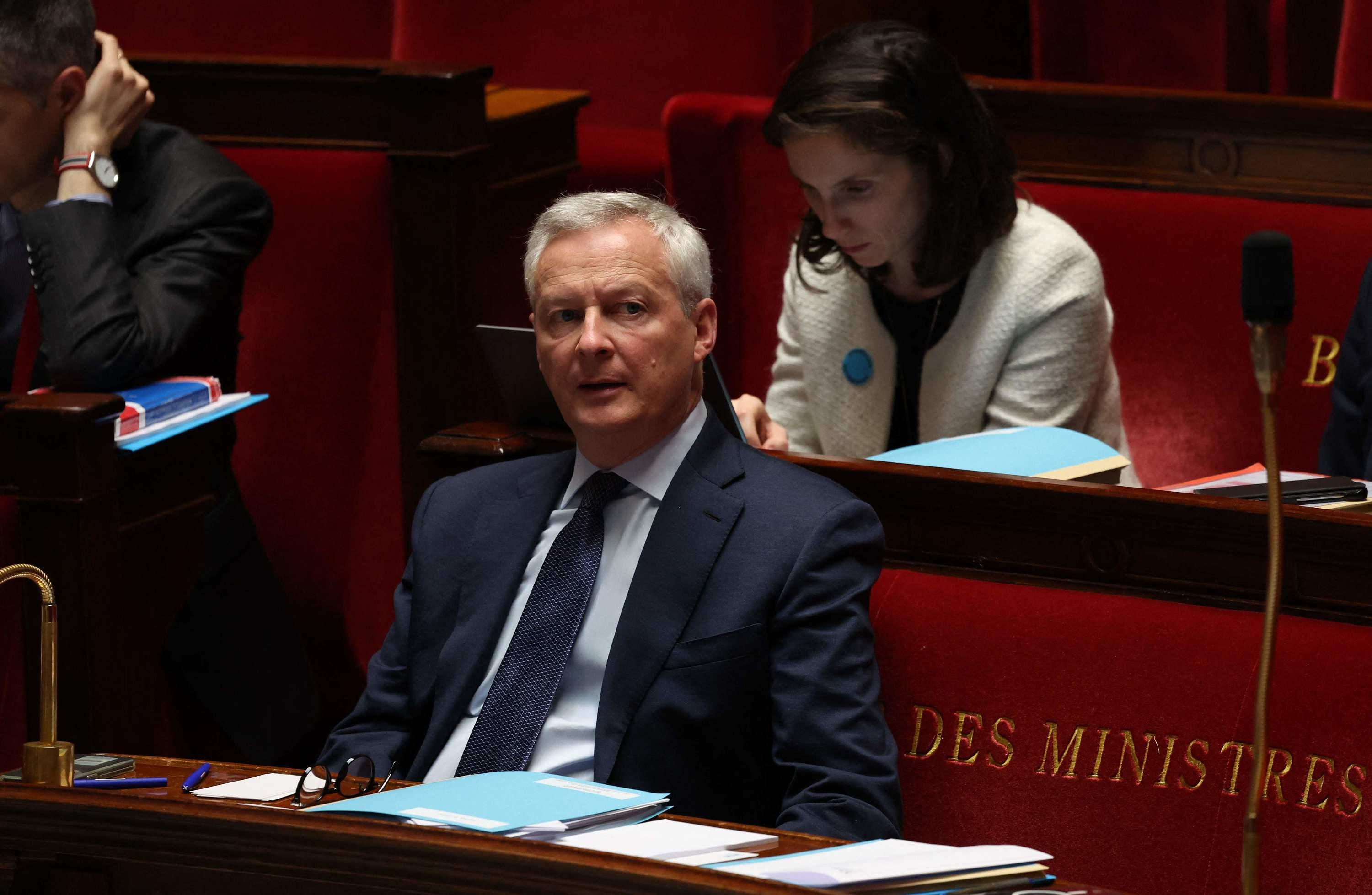Suddenly, the subway stops in a tunnel and the lights go out. Travelers sigh, accustomed to these incidents which regularly punctuate their journeys. The minutes pass, no information is transmitted to them. And then, after a while, the lamps come back on, the machine leaves, still without explanation. These situations, well known to users of the Ile-de-France rail networks, are in the crosshairs of transport operators, who want to improve exchanges with their travelers facing operating problems, in the run-up to the Paris Olympic Games.
When a problem occurs on its network, RATP first speaks of an “operating incident”, “the generic term used in passenger information”. But this can actually cover around twenty different situations, from emergency braking to suspicious packages. On the network, “the difficulties encountered are multifactorial”, with “many types of incidents” such as passenger discomfort, technical incidents, malicious acts or abandoned objects, which have multiplied fourfold in recent years. However, whether it is an “operating incident” on line 1, a “switching failure” in Goussainville or a “signaling failure” at Gare du Nord, the repercussions can be particularly disabling for users.
Difficult for the traveler, in these circumstances, to understand the situation and react accordingly. “When we are told “operating accident”, people get annoyed and complain because they have the feeling of being taken for a ride,” notes Arnaud Bertrand, president of the Plus de trains association. A situation experienced on March 18, when the RER C was stopped due to a switch failure at Gare d'Austerlitz. “It was the lack of up-to-date, real-time passenger information that pushed users stuck in the train to get off the tracks to reach the Bibliothèque-François Mitterrand station,” Île-de-France Mobilités recognizes today. (IDFM).
Aware of this lack of transparency, RATP is “in the process of carrying out work to clarify the vocabulary used in the event of a disruption”. In addition, the company has been carrying out actions in this direction “for many years”, including training its drivers to speak up during incidents. A central point for user associations. In the event of a problem in a TGV for example, “the driver is responsible for resolving the incident and the controller for communicating, whereas in an RER or a metro, the driver is alone in having to manage both,” recalls Arnaud Bertrand. And added: “It’s a real job. Not all drivers are necessarily comfortable expressing themselves orally.”
“We must not hesitate to make a hazard concrete (...). The population who is very accustomed to public transport understands very quickly that a break in the catenary or a serious passenger accident is very costly, and that it will undoubtedly be necessary to change paths,” estimates the representative of the association. He still pleads for the establishment of a clearer lexicon: “We could imagine a system of gradation by colors, from green to red, or by numbers. A bit like avalanche risks or the colors of flags for swimming.”
The organizing authority for public transport in the Ile-de-France region, IDFM, points out that passenger information must be “processed at all levels: at the platform, on board, on screens but also on applications or even social networks” and that it is “framed in contracts with operators”. In the event of a disturbance, the latter must broadcast “an audible announcement within 3 minutes in the first impacted vehicle”, “within 5 minutes in the station” and “within 12 minutes in peripheral areas”, details the organization. It recommends using “concise reasons that are meaningful to travelers”, such as “signal failure” instead of “material incident”, “traveler discomfort” rather than “traveler incident” or even “social demonstration » for “external event”.
Also read “InfoTravauxIDF”: the first application exclusively dedicated to railway works in the region
Same work on the side of the SNCF, which says it is improving “these processes for the benefit of travelers”. The operator specifies that the screens of the 426 stations in Île-de-France “have undergone considerable developments” and can now “display the position of the next trains in real time, the remaining waiting time or even the level of attendance on board. An application, “InfoTravauxIDF”, is exclusively dedicated to railway works in the region, in order to inform users about upcoming disruptions. Furthermore, SNCF Voyageurs wishes to “continue improvement actions” via the broadcast of economic messages live, on board and at the station, but also via station access screens in the event of work.
Due to the Olympic Games, IDFM will also generalize trilingual French-English-Spanish travel information, in order to “guide” visitors as best as possible. At the same time, the authority intends to “harmonize all passenger information systems” between buses, metros, trams and RER, to inform all network users of an operating problem. First in the underground network, with the installation of “panam” screens – for “metro billboards” – as well as on the screens integrated into the screen doors of automated lines, and within a few years, on the bus shelters in the region. IDFM has just released 73 million euros for the renewal over 8 years of all bus passenger information terminals.
Progress long awaited by user associations. “All of this helps to show travelers that the incident is not necessarily the fault of the operator and to explain what to do to resolve it,” notes Arnaud Bertrand. For the user, “having the information” allows “being able to choose between several alternatives”: staying and reaching the end of the incident or changing route. “When you give precise information, most users can manage for themselves,” believes the president of Plus de Trains.

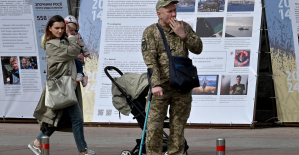 Ukraine has lost 10 million inhabitants since 2001... and could lose as many by 2050
Ukraine has lost 10 million inhabitants since 2001... and could lose as many by 2050 Russia: schools will train children to use drones at the start of the school year
Russia: schools will train children to use drones at the start of the school year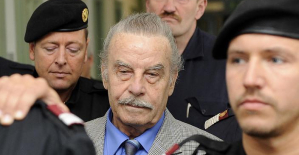 Austria: incestuous torturer Josef Fritzl, nicknamed the “national monster”, could soon be released
Austria: incestuous torturer Josef Fritzl, nicknamed the “national monster”, could soon be released An airline continues to treat a centenarian as a one-year-old baby
An airline continues to treat a centenarian as a one-year-old baby Sánchez cancels his agenda and considers resigning: "I need to stop and reflect"
Sánchez cancels his agenda and considers resigning: "I need to stop and reflect" The Federal Committee of the PSOE interrupts the event to take to the streets with the militants
The Federal Committee of the PSOE interrupts the event to take to the streets with the militants Repsol: "We want to lead generative AI to guarantee its benefits and avoid risks"
Repsol: "We want to lead generative AI to guarantee its benefits and avoid risks" Osteoarthritis: an innovation to improve its management
Osteoarthritis: an innovation to improve its management The French will take advantage of the May bridges to explore France
The French will take advantage of the May bridges to explore France Organic flour contaminated by a recalled toxic plant
Organic flour contaminated by a recalled toxic plant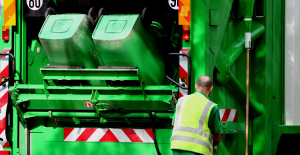 2024 Olympics: Parisian garbage collectors have filed a strike notice
2024 Olympics: Parisian garbage collectors have filed a strike notice Controversial free trade deal between EU and New Zealand comes into force this Wednesday
Controversial free trade deal between EU and New Zealand comes into force this Wednesday Lang Lang, the most French of Chinese pianists
Lang Lang, the most French of Chinese pianists Author of the “New York Trilogy”, American novelist Paul Auster has died at the age of 77
Author of the “New York Trilogy”, American novelist Paul Auster has died at the age of 77 To the End of the World, The Stolen Painting, Border Line... Films to watch this week
To the End of the World, The Stolen Painting, Border Line... Films to watch this week Omar Sy on all cultural fronts
Omar Sy on all cultural fronts Omoda 7, another Chinese car that could be manufactured in Spain
Omoda 7, another Chinese car that could be manufactured in Spain BYD chooses CA Auto Bank as financial partner in Spain
BYD chooses CA Auto Bank as financial partner in Spain Tesla and Baidu sign key agreement to boost development of autonomous driving
Tesla and Baidu sign key agreement to boost development of autonomous driving Skoda Kodiaq 2024: a 'beast' plug-in hybrid SUV
Skoda Kodiaq 2024: a 'beast' plug-in hybrid SUV The home mortgage firm rises 3.8% in February and the average interest moderates to 3.33%
The home mortgage firm rises 3.8% in February and the average interest moderates to 3.33% This is how housing prices have changed in Spain in the last decade
This is how housing prices have changed in Spain in the last decade The home mortgage firm drops 10% in January and interest soars to 3.46%
The home mortgage firm drops 10% in January and interest soars to 3.46% The jewel of the Rocío de Nagüeles urbanization: a dream villa in Marbella
The jewel of the Rocío de Nagüeles urbanization: a dream villa in Marbella Europeans: a senior official on the National Rally list
Europeans: a senior official on the National Rally list Blockade of Sciences Po: the right denounces a “drift”, the government charges the rebels
Blockade of Sciences Po: the right denounces a “drift”, the government charges the rebels Even on a mission for NATO, the Charles-de-Gaulle remains under French control, Lecornu responds to Mélenchon
Even on a mission for NATO, the Charles-de-Gaulle remains under French control, Lecornu responds to Mélenchon “Deadly Europe”, “economic decline”, immigration… What to remember from Emmanuel Macron’s speech at the Sorbonne
“Deadly Europe”, “economic decline”, immigration… What to remember from Emmanuel Macron’s speech at the Sorbonne These French cities that will boycott the World Cup in Qatar
These French cities that will boycott the World Cup in Qatar NBA: with 46 points, Maxey saves Philadelphia single-handedly
NBA: with 46 points, Maxey saves Philadelphia single-handedly Tennis: a Nadal-Alcaraz double at the 2024 Olympics? “If all goes well, yes,” replies the cadet
Tennis: a Nadal-Alcaraz double at the 2024 Olympics? “If all goes well, yes,” replies the cadet Tennis: “Actually it was a joke, I’ll come back next year!”, Nadal bids farewell to Madrid with humor and emotion
Tennis: “Actually it was a joke, I’ll come back next year!”, Nadal bids farewell to Madrid with humor and emotion Bayern Munich-Real Madrid: “Everything is still in our hands”, welcomes Manuel Neuer
Bayern Munich-Real Madrid: “Everything is still in our hands”, welcomes Manuel Neuer




